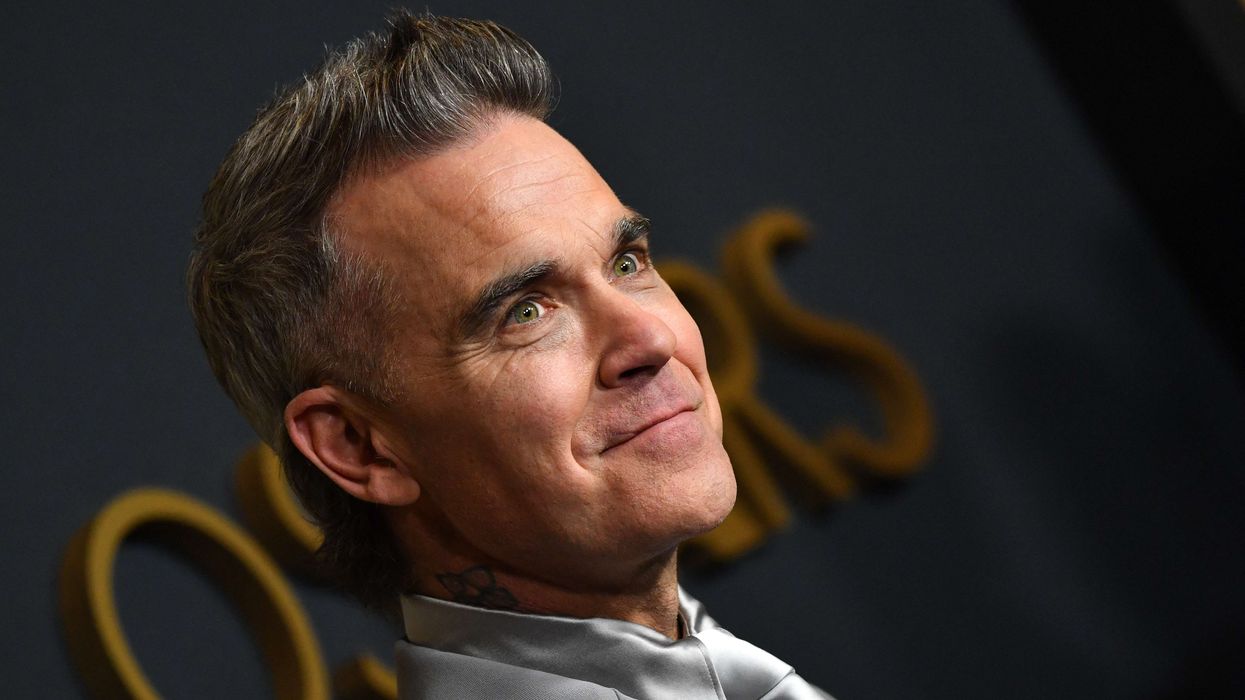by LAUREN CODLING
BRITISH ASIANS have been urged to take part in vaccination trials to protect against the coronavirus, as data revealed fewer than five per cent of volunteers were from the community.
The participation call comes as phase three clinical trials of pharmaceutical firm Janssen’s Covid-19 vaccine began across the UK on Monday (16). Involving 6,000 volunteers across the country, it will test the safety and effectiveness of a potential Covid-19 vaccine.
It is the third potential vaccine to enter clinical trials in the UK, alongside the University of Oxford/AstraZeneca and US biotech company Novavax whose studies are ongoing. The need for ethnic minority volunteers has been highlighted in recent months, as it was reported Asians were underrepresented in clinical trials.
Data from the National Institute for Health Research (NIHR) said only 14,609 (4.35 per cent) of volunteers were from Asian and British Asian backgrounds.
Divya Chadha Manek, clinical trials workstream lead for the UK Vaccines Taskforce, said it was imperative more ethnic minorities signed up, to ensure vaccines could be effective for as many people as possible.
“Representation is key,” Manek told Eastern Eye on Tuesday (17). “It’s really important that our trials are representative of the people that we’re going to vaccinate.” She added: “What I want is for the Asian
community to really start having the conversation – the only way we are going to address it is by starting discussions with family and friends to take it one step further”.
A number of studies, including a Public Health England report in June, have found that ethnic minority groups are disproportionately affected by Covid-19.
Noting the impact of coronavirus on ethnic groups, Dr Vanessa Apea, the black, Asian and minority ethnic clinical champion at NIHR Clinical Research Network North Thames, said the heightened risks made it “even more important” that the vaccine worked for all communities. “Only by doing this can we truly take control of Covid, so we really need people from black, Asian and ethnic minority communities to sign up to learn more and be part of research,” she said.
However, Dr Apea acknowledged the vaccine could generate “anxiety rooted in mistrust” for some members of the BAME community. “This can lead to reluctance in taking part in a trial,” she explained.
Manek echoed similar concerns, noting there was an issue relating to the Asian community being mistrustful of the research. For instance, she was aware of rumours relating to the government using the vaccine as a way to track movement.
“I have heard concerns that some individuals (from the Asian community) don’t want to take part in the vaccine trial, because they believe the government are going to inject a chip into them, so they can be tracked,” she explained. “I can say, 100 per cent, hand on heart, that this is not happening”.
Of Asian origin herself, Manek admitted some of her own family members would be happy to take the vaccine once it was available to the public – but had voiced reluctance to take part in the study. “I think people forget we are taking part in the study for ourselves, not for the next generation,” she said, adding: “We need people to step up so that when we have enough evidence, we know the product is suitable for people of ethnic backgrounds. (Ethnic minorities) don’t want to be given a product that (they) later realise hasn’t been tested on people in ethnic groups. That’s why ethnic diversity is important.”
The Janssen studies will take place at 17 NIHR sites, including London, Leicester, Sheffield and Manchester. Recruitment into the study will complete in March 2021, with the trial expecting to last for one year.
For more information or to join the NHS Vaccine Research Registry, see: www.nhs.uk/researchcontact












